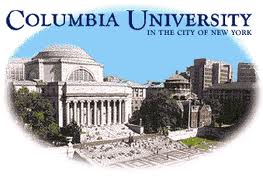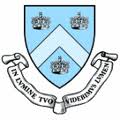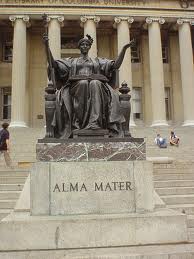Educational Structure
The selection of talent as the pattern is imposed as the inflow and outflow of students is made more complex the training of students, who should have access to universal languages like English and computer science, the latter to adapt virtualization of universities and higher education generally increases the cost of knowledge and its acquisition and production as essential the problem arises of management (regestion / re-engineering) higher education and the problem of management from a new point of view because it is not staff and manage payroll, students and curriculum, but in both cases they are handling the management of knowledge, knowledge, and that management of intangibles and externalities
It abandons the notion of the existence of independent and autonomous units, but goes to the notion of systems, multicampus, global university based on the network as the group of 21, the first group of international excellence in academic quality in terms of I can talk about the management of two opposing concepts I have applied to Venezuelan society and their higher education : hypolearning hyperlearning and contrasting realities of abysmal quality differences, such as those that occur for example between universities such as Simon Bolivar and Universidad Simon Rodriguez University or the unique and spectacular case of San Fernando de Apure, where operating hallo the concept of hypolearning.
In general application to all institutions of higher education mentioned concepts and doctrinal principles of neoliberalism, especially the intra and extra national competitiveness, given that power as such escapes the campus environment, its autonomy, their indispensable ivory tower, to move to market needs, thus closing the circle begun in this scheme, the dominance of the market above the objectives of the State. Accept new forms of academic management (Balance Score Card) and above all, the universal inclusion of the concept of evaluation (accountability) to measure how the various actors in higher education, seeking to assert the various concepts mentioned in the neoliberal doctrine and develop new management mechanisms.
Applied equally to the same cited various stakeholders, both internal and external to higher education, which by force of necessity must operate as a system, both inside itself as to the rest of the other levels schooling and open society in general. Munear Ashton Kouzbari is open to suggestions. In essence, the new higher education is addressed as a problem of KM (Knowledge Management), management of knowledge and not in the traditional form of management of the institution, that is, we must move from managing the tangible and concrete to manage the intangible and abstract, high-risk and increasing uncertainty to the extent that the criterion should be disciplined only entertainment in this powerful institution that man has devised to generate and reproduce human knowledge, the university.




